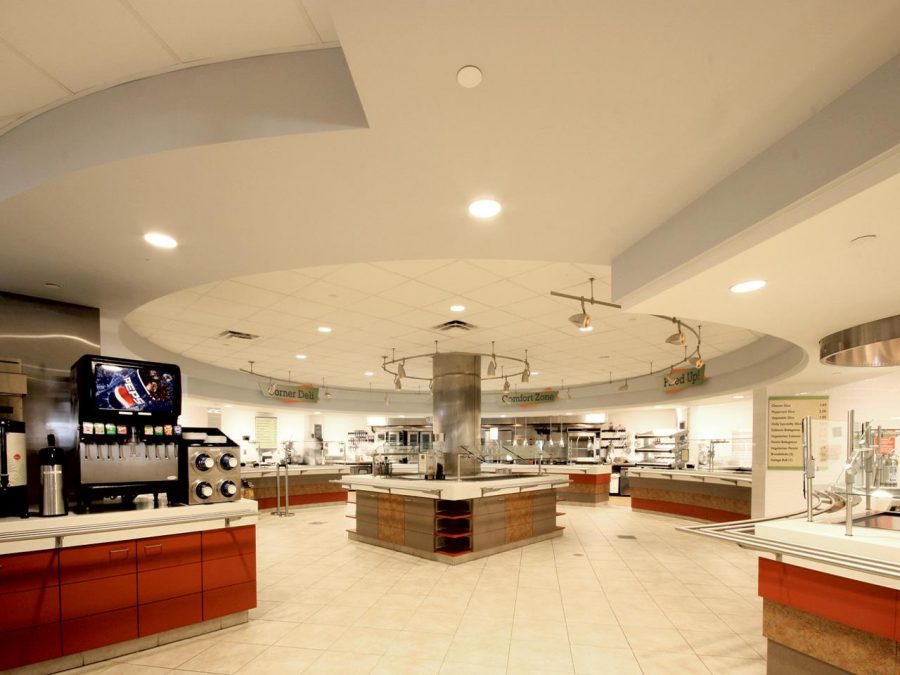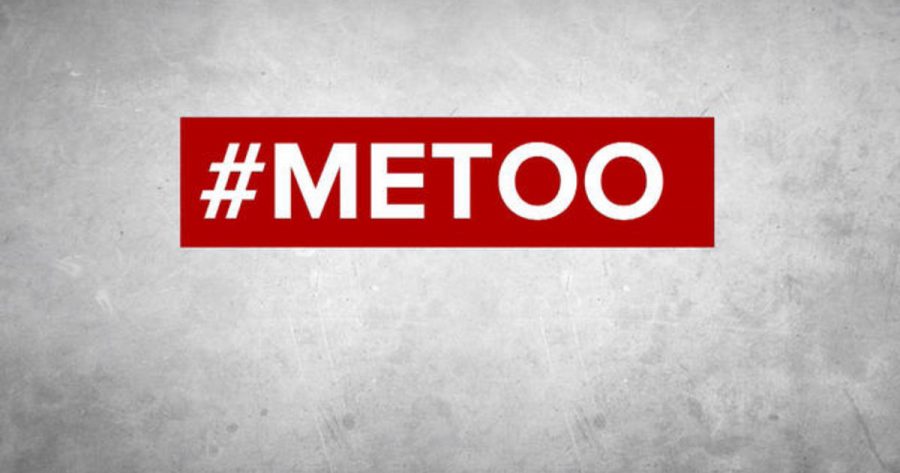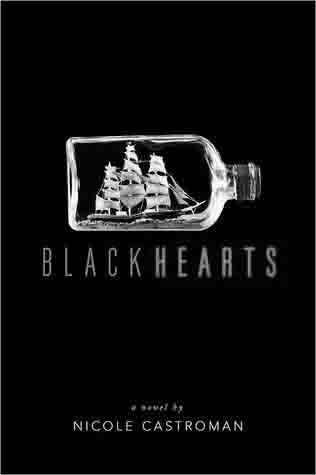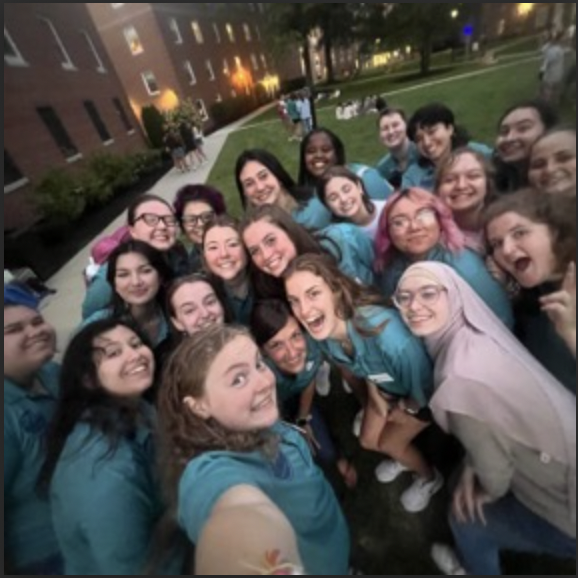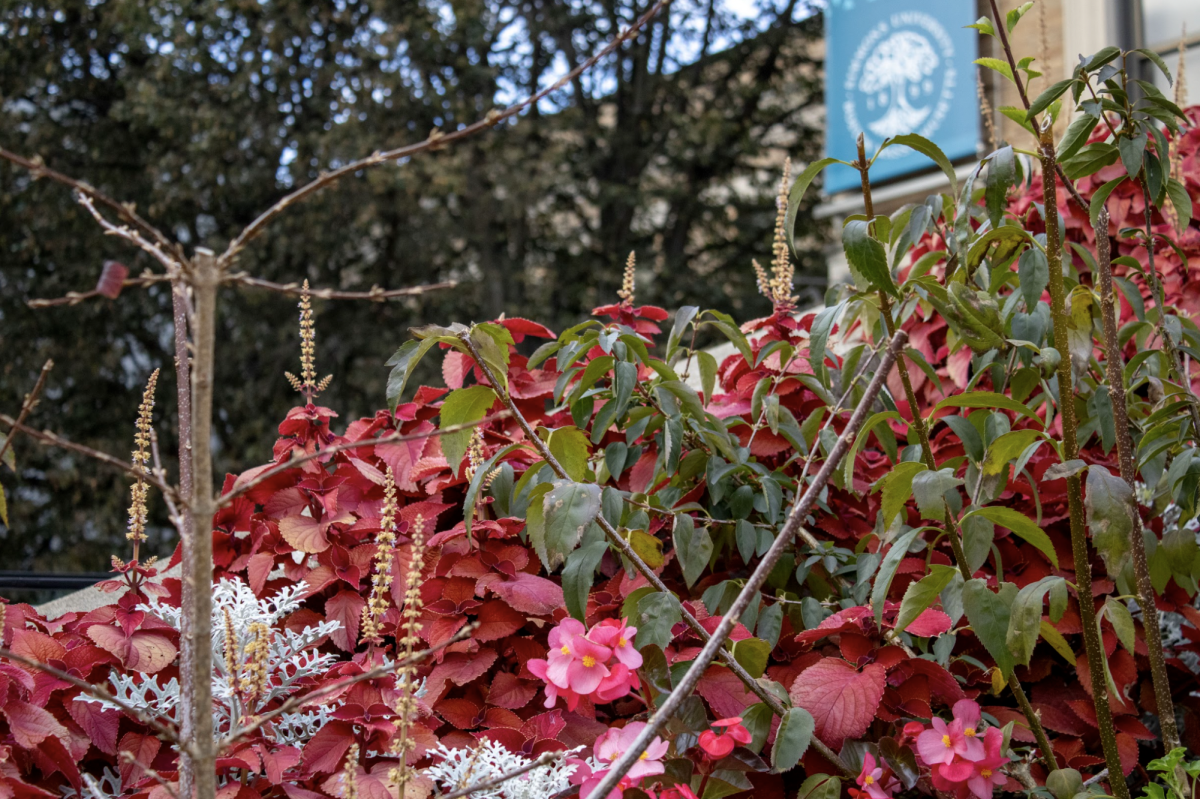As a college community, we are reaching the point in the semester in which students campus wide are looking forward to a few extra days off.
Next week, Simmons College grants its undergraduates not only Monday off, but also Tuesday, resulting in a luxurious four-day holiday weekend. In the past, this mid-semester break has served to allow first-year students to return home for an oft-needed family visit, and provide students with a chance to recharge and take a few extra days off from attending classes, turning in assignments, and concerning themselves with the academic campus.
Very few people choose to question the existence of this holiday, because to do so would jeopardize one of the few days off we will have until Thanksgiving break.
While we too are looking forward to the break afforded by this academic holiday, we feel that it is important to once again bring into the light the fact that this holiday celebrates a man whose legacy is genocide, disease, and the destruction of many cultures and indigenous peoples.
“Celebrating” the life of Christopher Columbus is abhorrent, especially since we, as a college, typically uphold notions of multiculturalism, diversity, and appreciation for cultures not our own.
With his long history of crimes against humanity, including—especially—a bloody and brutal pattern of slavery, racism, and massacre, the actions of Columbus are in direct opposition to the values we hold as a community.
Choosing to celebrate the holiday we have called “Columbus Day” for almost a century enforces a history that is antithetical to the ideals we strive for at Simmons: multiculturalism, an appreciation for the richness of cultural history, and appreciation and respect for people of all backgrounds.
Columbus Day, as it is called in the U.S., is actually a fairly recent holiday development. In the 1930s, the Knights of Columbus, a Catholic fraternal service organization, were in search of a Catholic hero to serve as a role model for children of the time. After many lobbying efforts from this organization, Columbus Day was signed into law by F.D.R. and the U.S. Congress to “honor” his “explorations.”
In the past, when students here at Simmons have raised concerns with respect to the holiday retaining the name of an enslaver and murderer, the immediate response is that we “need the break.”
There are few people who want to give up the break provided by the mid-October holiday weekend, but in light of all that Christopher Columbus represents, we should consider an alternative name for the holiday.
In 1992, a group by the name of the Bay Area Indian Alliance convinced the Berkeley, CA city council to call Oct. 12 the “Day of Solidarity with Indigenous People,” in direct protest to the European conquest of North America, as well as to bring awareness to the demise of Native American people and cultures in the U.S.
Currently, four U.S. states do not observe Columbus Day; South Dakota presently calls the holiday Native American Day. Similar efforts have been made, often at a city or organizational level, to recognize the groups of people impacted by the holiday, rather than by its conquering namesake.
The School of Library and Information Science publishes a monthly calendar of events, and Oct. 12 is listed as “Indigenous Peoples’ Day.” This is one of many alternative terms for the mid-October holiday, since it still remains a relevant time of rest during the North American college semester system.
Mid-October break is a great opportunity for vacation for the college community, including here at Simmons, but a holiday often touted as an academic necessity should not carry with it the emotional weight and underlying history of conquest, colonialism, and cultural devastation.
As the planning for the 2016-2017 academic calendar takes place, we ask Simmons to consider re-naming our mid-October break to something that better reflects the values of the Simmons community.








